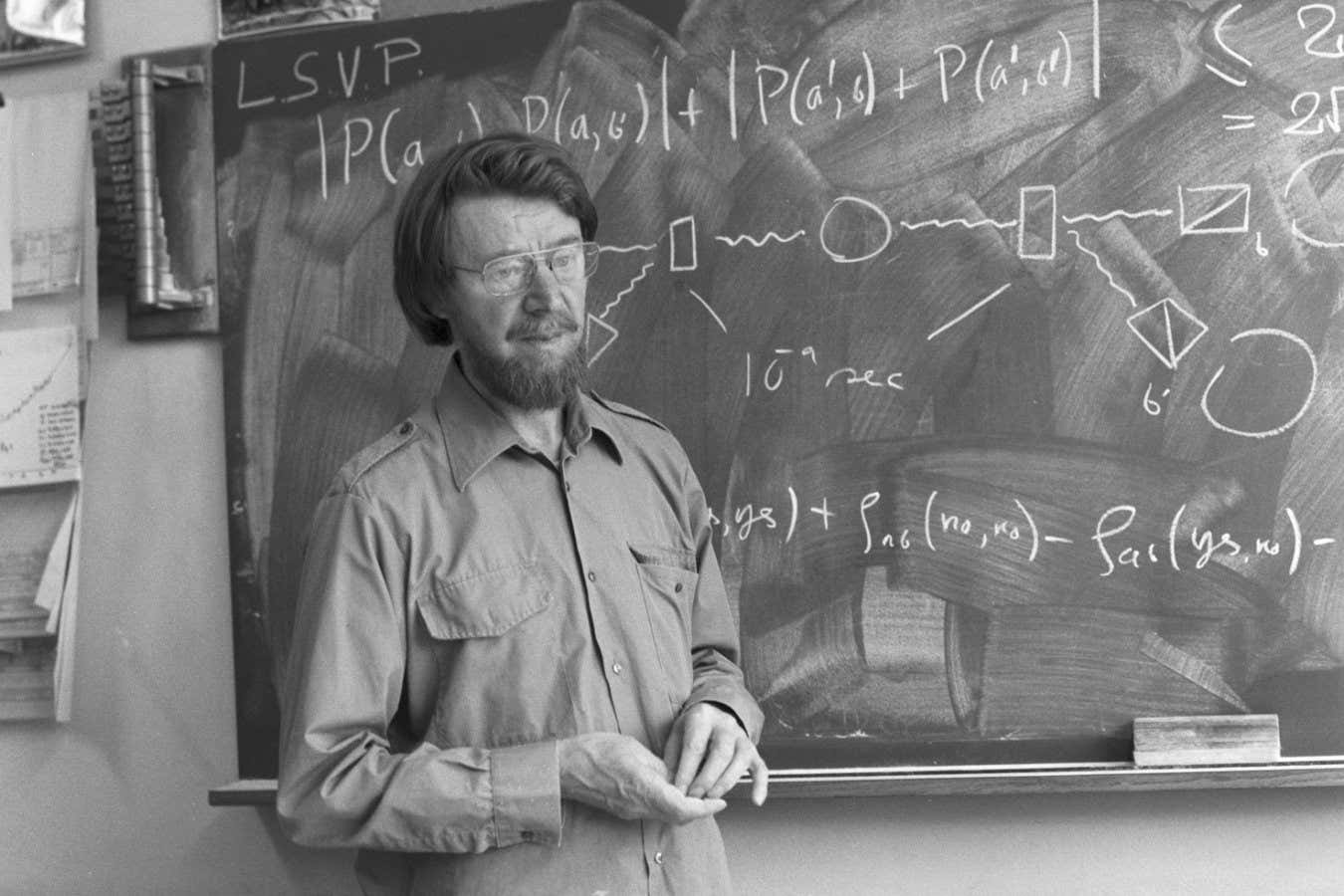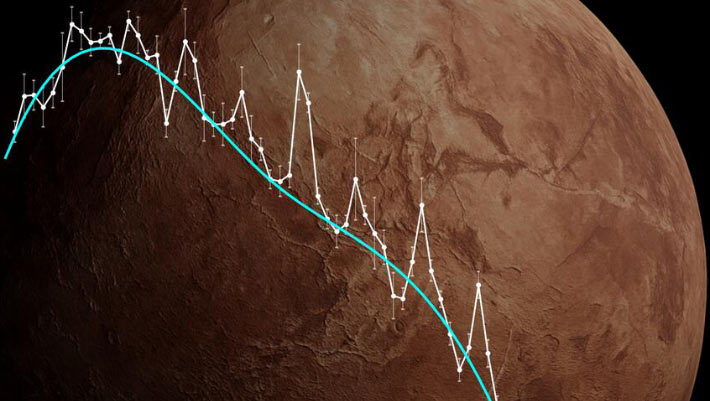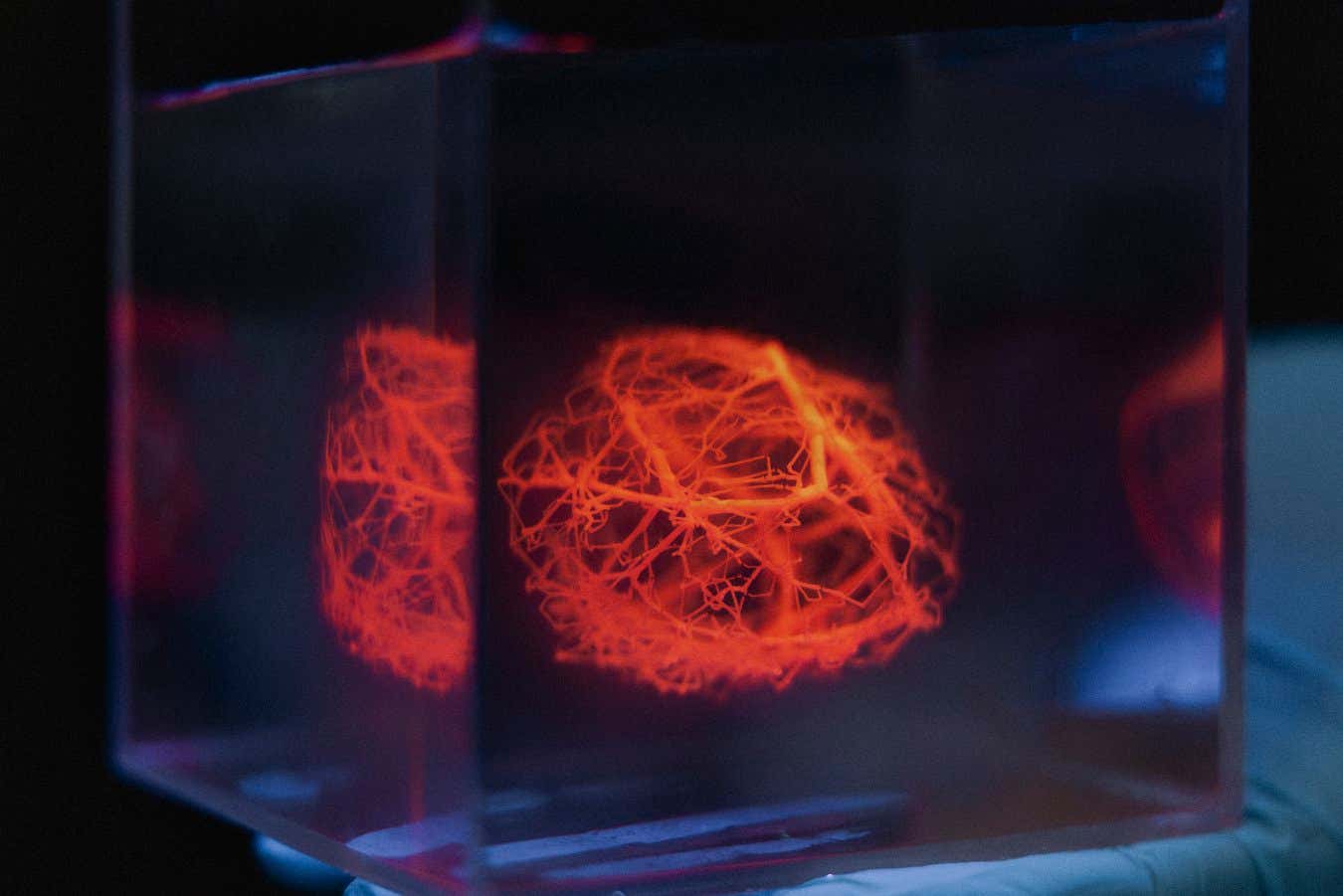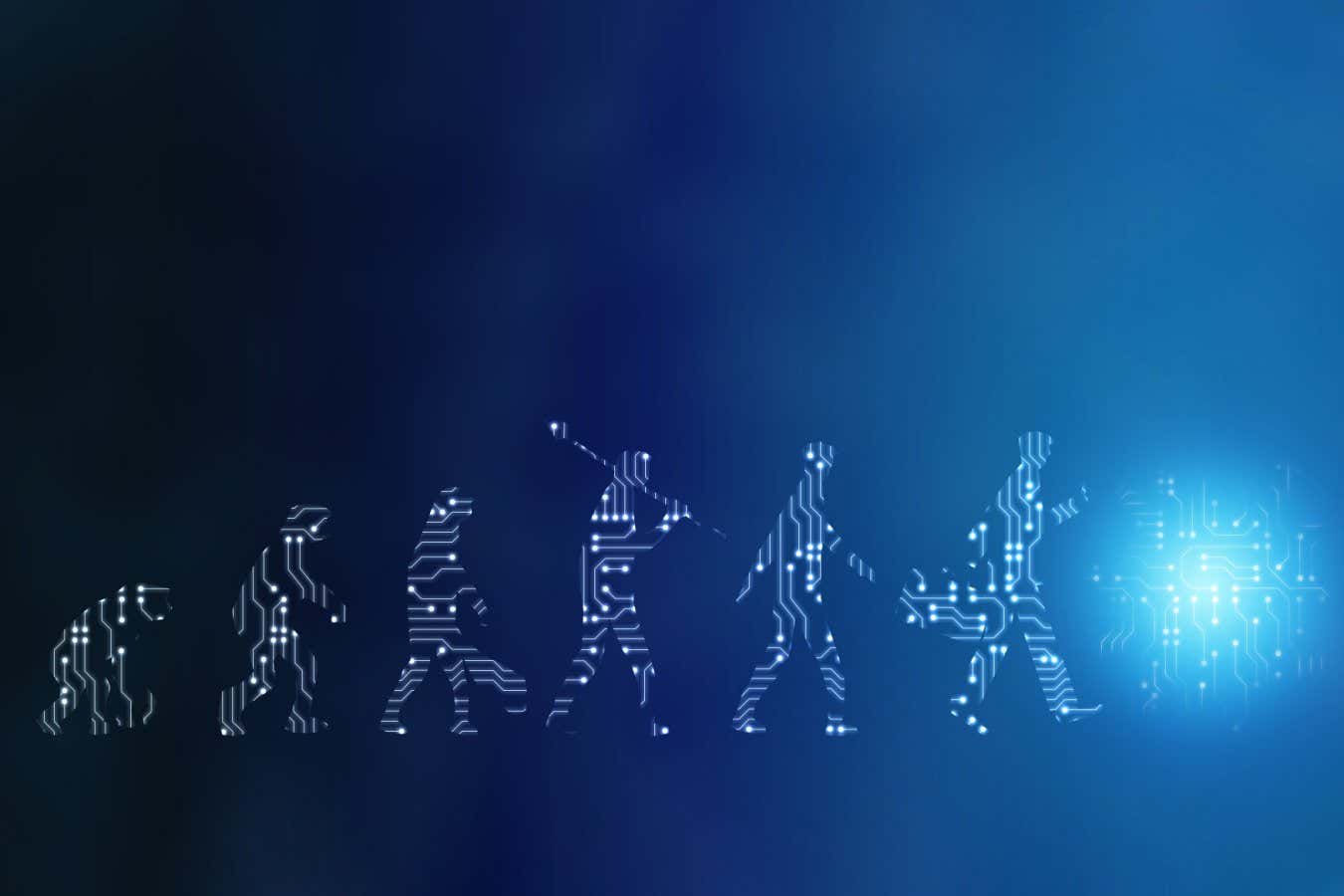Now Reading: How John Stewart Bell Shaped the Debate on Quantum Mechanics
-
01
How John Stewart Bell Shaped the Debate on Quantum Mechanics
How John Stewart Bell Shaped the Debate on Quantum Mechanics

speedy Summary
- John Stewart Bell, a physicist born in Belfast in 1928, made significant contributions to quantum mechanics through his groundbreaking work on hidden variables and non-locality.
- He devised Bell’s test in the 1960s, which demonstrated that quantum correlations cannot be explained by hidden-variable theories alone.
- His approach allowed experimental exploration of philosophical questions about quantum reality and determinism. The test relies on pairs of entangled particles being measured independently to assess correlations beyond classical explanations.
- Bell’s work indirectly proved Einstein incorrect regarding local realism and introduced the concept of non-locality into mainstream physics discussions.
- Long considered technologically unfeasible, loophole-free implementations of Bell’s tests were finally completed in 2015, affirming predictions from quantum theory; this led to researchers Alain Aspect, John F. Clauser, and Anton Zeilinger receiving a Nobel Prize for related efforts in 2022.
- The ripple effects have advanced research into particle entanglement while inspiring exploration into unresolved questions such as free will and possible new interpretations of physical reality tied to gravitational phenomena.
Indian Opinion Analysis
John Stewart Bell’s contributions underscore the importance of blending philosophical inquiry with rigorous scientific testing-a crucial paradigm for advancing fundamental physics frontiers globally, including India where talent in these fields grows steadily. For Indian physicists focused on areas such as quantum computing or unified field theories, his work serves as both inspiration and practical framework built around empirical accountability amidst abstract complexity.
India is investing heavily into theoretical physics initiatives alongside technology-driven applications like cryptography piloted under PM Modi digital agenda thus collective prioritising Quantum-industry Which could scala broader potential benefit future alignment /Breakthrough!
bell equations legacy proves timeless academic roadmap Read more expansively below remain essential


























